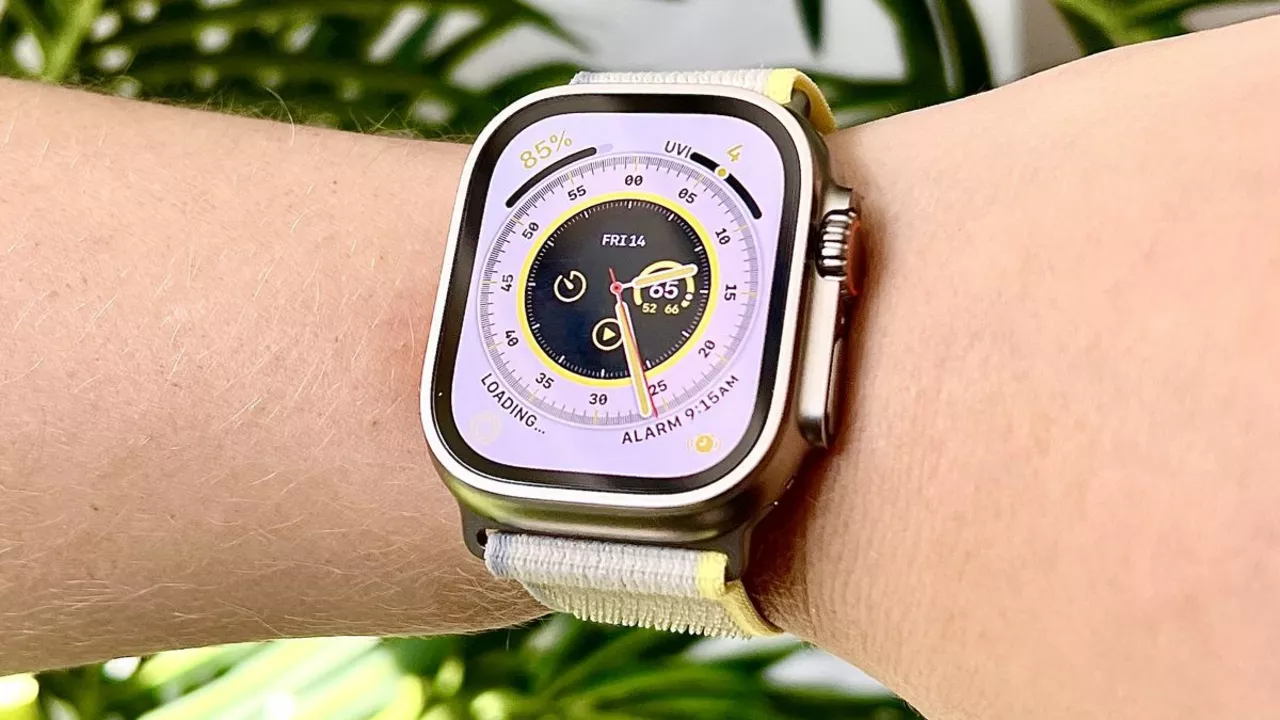Soccer Safety: Essential Gear & Smart Play Tips
Whether you’re a weekend warrior or a seasoned player, staying safe on the field matters. A few easy steps can stop a bad knock from turning into a long‑term problem. Let’s break down the gear and habits every player should know.
Protective Gear You Shouldn't Skip
First up, the basics. A good pair of shin guards is non‑negotiable – they’re the cheapest way to stop a tackle from leaving a bruise. Make sure they cover the whole shin and ankle, and strap them snugly so they don’t slip.
Some players wonder about cups. In soccer they’re not common, but if you play a very physical style or feel more comfortable with extra protection, a soft cup can help avoid painful hits. It won’t restrict movement if you pick the right size.
Cleats are another area where safety meets performance. Not all soccer shoes have deep studs; indoor‑type soles are fine for hard surfaces but can be slippery on grass. Choose the right sole for the pitch to keep your footing and reduce ankle twists.
Head protection is often overlooked. If you’re a youngster or have a history of head knocks, a lightweight headband with foam padding can lessen the impact of accidental elbows.
Smart Habits for a Safer Game
Gear alone won’t save you if you skip warm‑ups. A quick 10‑minute routine – light jog, dynamic stretches, ankle circles – gets blood flowing and prepares muscles for sudden sprints.
Hydration is a silent safety factor. Dehydrated muscles fatigue faster, increasing the risk of strains. Keep a water bottle handy and sip regularly, especially on hot days.
Watch your technique. When going for a tackle, aim to use your body, not just your feet, and keep your head up. Good positioning reduces the chance of colliding awkwardly.
Lastly, respect the field condition. A wet or uneven pitch can hide holes that cause ankle rolls. If the surface looks unsafe, speak up before the game starts.
Putting the right gear on, staying hydrated, warming up properly and playing smart are all part of a solid safety plan. Follow these tips, and you’ll spend more time enjoying the game and less time on the bench nursing an injury.
